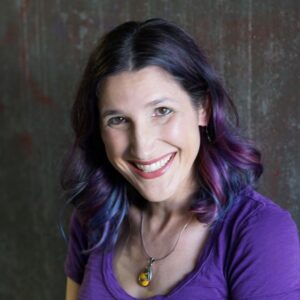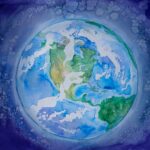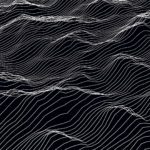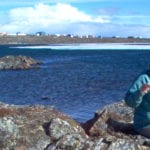The 2022 recipients of the Geological Association of Canada (GAC) national medals are incredible researchers and practitioners making their mark in geoscience.
The Canadian Journal of Earth Sciences, principal journal of the GAC, congratulates:
- Dr. Brendan Murphy, tectonism philosopher and recipient of the Logan Medal and VIP Career Achievement Award
- Dr. Britta Jensen, volcanic ash expert and recipient of the W.W. Hutchison Medal
- Mika McKinnon, science communication specialist and recipient of the E.R. Ward Neale Medal
In this post, Mika McKinnon answers the question: What is an opportunity or challenge that the geoscience community can take action on?
 Mika McKinnon | E.R. Ward Neale Medal
Mika McKinnon | E.R. Ward Neale Medal
Mika McKinnon is multifaceted. Her biography tells it all: “Field geophysicist, disaster researcher, scifi science consultant, science writer, public speaker, irrepressibly curious.” The positive change geoscience experts can effect is multifaceted, too. McKinnon focuses on disaster mitigation, inclusivity in science, and supporting curiosity. She shares why figuring out what matters most to you is a good first step to making a change for good.




